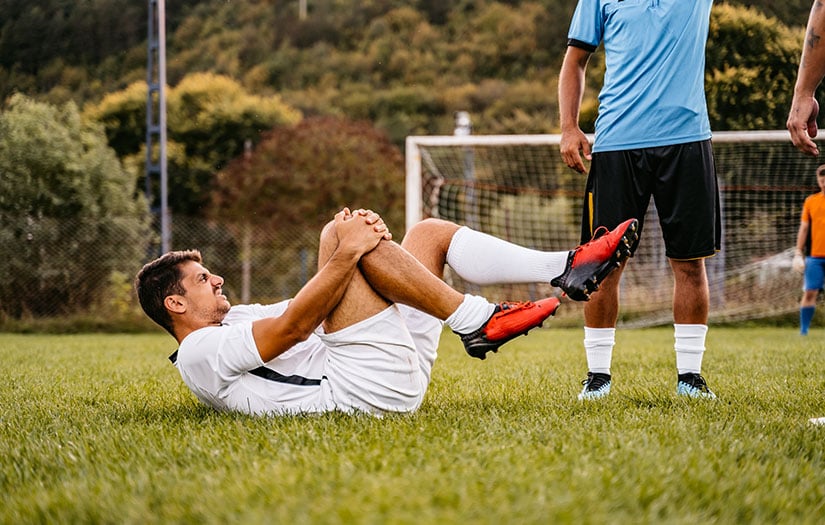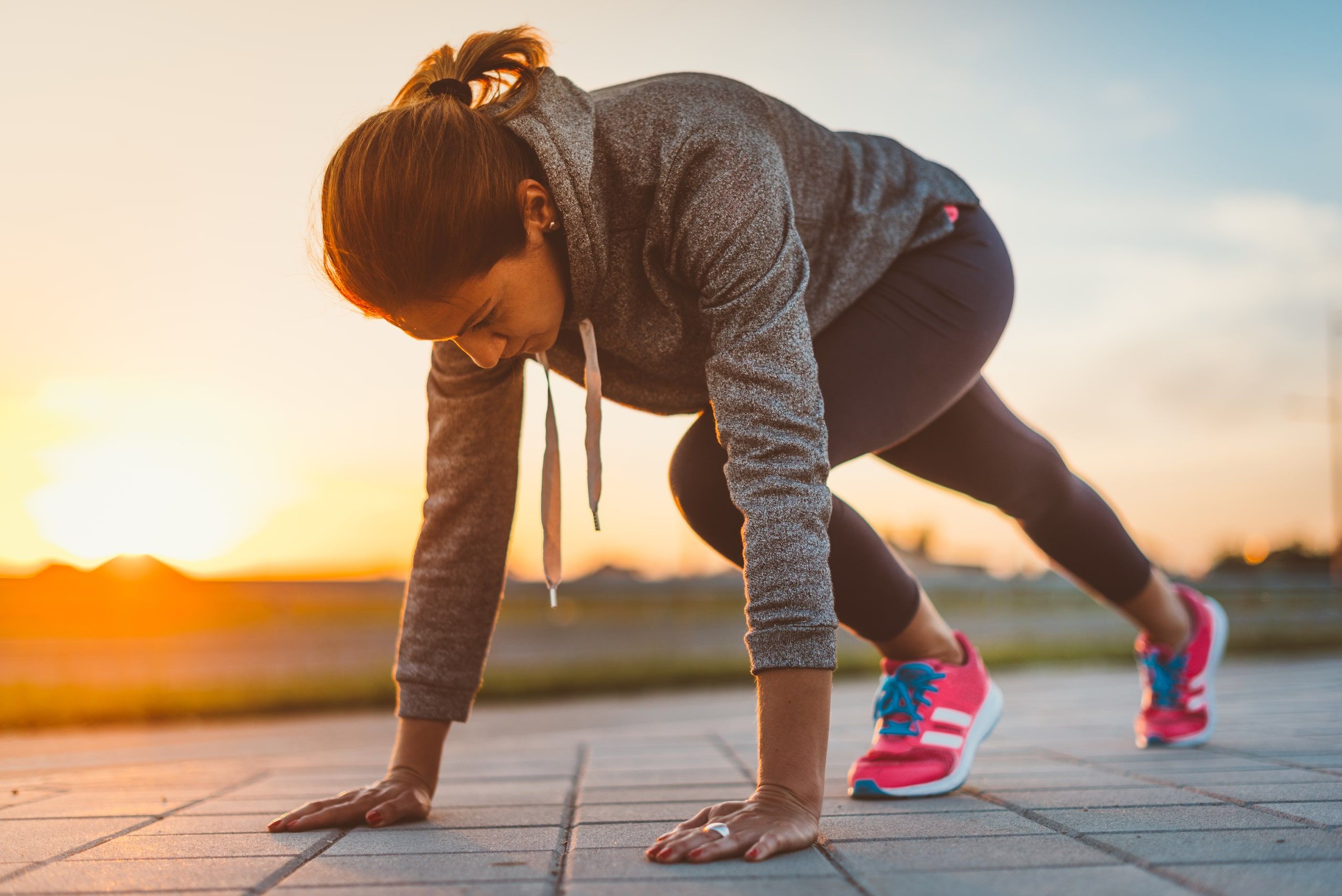World Physiotherapy Day is celebrated, as it commemorates the constitution of the World Confederation for Physical Therapy (WCPT), a day to highlight the importance of the work and contribution of physiotherapists to public health.
Coinciding with this celebration, we focus on Sports Physiotherapy with the recommendations of Dr. Carlos Alberto Villaron Casales, professor of Physiotherapy at the European University of Valencia, who gives us 10 tips to avoid injuries, so common when training and activities restart. physical after a period of rest.

1.- Physiotherapy
From my point of view, this section is one of the most important. Every person who does any sport should be in the hands of their trusted physiotherapist. There is no doubt that when an injury appears, everyone is aware of what physiotherapy helps, but it would be very interesting to go before the injury occurs, for a good assessment and, if necessary, a tune-up. This (as happens with elite athletes) considerably reduces the risk of suffering from injuries of all kinds. At the end of the activity, a review and discharge treatments would also be recommended.
2.- Correct equipment
It is very important to use the most appropriate material for each activity that we are going to do, from good footwear that adapts to the surface where we do the sport and is comfortable and reliable, to clothing and other utensils that can be useful and reduce the risk of injury.
3.- Good warm-up
This part, in addition to being essential to prevent injuries, is one of the most complicated to do correctly. NOT ANY WARM-UP WILL WORK, the warm-up must be according to the activity to be carried out, the time it will last, the weather conditions of the moment, our physical condition, and the objectives we seek with sports practice.
4.- Healthy nutrition
To face a sports practice, no matter how simple it may seem, we must first take care of our diet and fluid intake. It is proven that alterations in nutrition, and especially in fluid intake, are the cause of muscle injuries caused by dehydration.
4 TIPS DURING SPORTS PRACTICE
During the sports practice phase, the advice is:
5.- Use good technique
Each sports practice requires good performance technique, so we will avoid unnecessary overloads and overexertions. If you are not sure of using good technique, it is advisable not to use heavy loads.
6.- Adequate attitude and aptitude
There is no doubt that everyone who participates in sports, especially if it involves competition, no matter how small, will end up trying their best. At that moment we must know our aptitudes for carrying out the specific sport and have the necessary attitude to make the effort that is within our reach. We should not compare our efforts with other athletes with greater aptitudes than us. Each one has its physical form and capacity, we could cause some type of injury due to overuse.
7.- Listen to your body
On countless occasions we have heard it said “ The body is very wise”, so let’s listen to it. If we notice that we are at the limit of effort, we must reduce or stop what we are doing. With good rest and adequate preparation, we will achieve our goals without causing injuries.
8.- Good recovery pattern
In the middle of each sporting activity, we must take the necessary recovery time. Whether between series of loads, between training periods, or any sports practice that we do, breaks are part of the exercise and must be perfectly scheduled.
2 REMINDERS AT THE END OF SPORTS PRACTICE
Finally, 2 final tips
9.- Replenish fluids
Whenever we do physical activity there will be a significant loss of fluids that we must replace as soon as possible. In addition, we must adapt this fluid intake to the environmental conditions to ensure that we replenish them correctly. Remember that dehydration is a frequent cause of injuries, especially muscle injuries.
10.- Adequate rest pattern
Once the activity has definitively ended, a rest time must be scheduled before returning to the activity. This rest can be active or passive since we do not necessarily have to avoid any type of activity to recover an effort. It is increasingly recommended to carry out small activities that are gentler than those we have done, just as a warm-up period is contemplated, a period of returning to calm should be contemplated.

